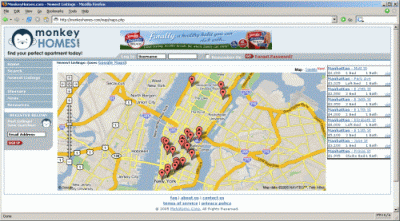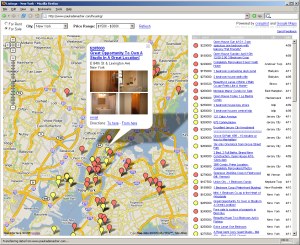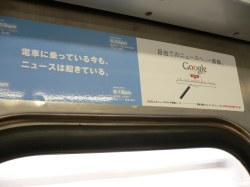Amtrak's Acela Express graveyard?

I took this pic today taking the train to Philly.
I take the Amtrak regional and Acela trains almost daily from Manhattan to Philadelphia. I also travel up and down the Eastern Corridor on Amtrak, which goes from Boston to D.C. When all of the Acela Express trains' breaks were found to have cracks in them, a lot of the passenger traffic spilled onto the regional trains. These Acela trains were supposed to be 21st Century passenger travel. During construction, Amtrak also discovered that the coaches were four inches too wide to use their full tilting mechanisms, which allowed the trains to speed around curves. As a result, trip times were slower. Other problems I've seen recently were the doors not work or frozen shut, bathroom doors don't close properly, and terrible sound from the PA system. Things don't seem to work properly.
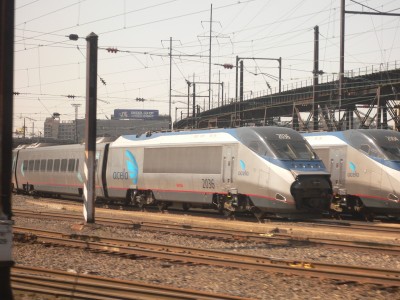
I wish that trains would run like the Japanese rail system. Of course no train is perfect. Last week, there was a rare major train accident in Japan. But, having been on many trains in Japan, their system is close to perfect. The train schedule is posted and is on time to the second. They're spotless, like this one I was on last month:
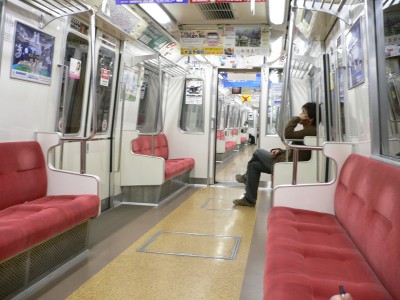
There was a NY Times article about iPod theft and crime increasing in NY Subways. There was a good point about how the trains are shabby looking, which contributed to increasing theft on the trains:
"When you have subway cars that are filthy - and the ones I was riding in were a mess - and it looks like there's no one in charge, the temptation to commit crime is more significant,"Unfortunately, the US culture does not support trains, but with increasing energy costs, environmental impact of cars, and urbanization, I'd love to see a better US public transportation system in the future.
continue reading article (and/or view comments)...
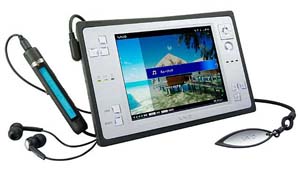
 We had such big thoughts back then. We were excited, idealistic, and naive. It was a time when the Internet richly rewarded smart, passionate people. Anyone was free to create wildly improbable, but very cool, things.
We had such big thoughts back then. We were excited, idealistic, and naive. It was a time when the Internet richly rewarded smart, passionate people. Anyone was free to create wildly improbable, but very cool, things.

